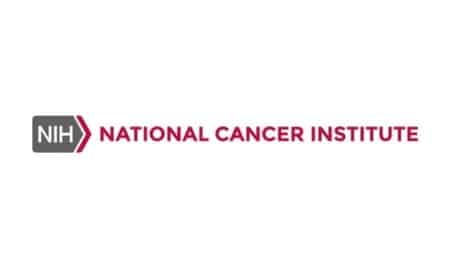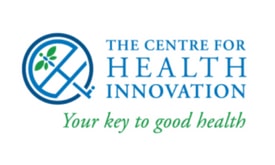Vitamin C can be given intravenously to achieve much higher blood levels and enhance its antioxidant and anti-inflammatory effects, with limited evidence of improved cancer survival when used with conventional treatments.
Are you a health professional?
This section does not replicate the other information on this topic but provides additional details or context most relevant to professionals.
Modes of action
This journal article discusses modes of action of intravenous vitamin C: Du J, Martin SM, Levine M et al. Mechanisms of ascorbate-induced cytotoxicity in pancreatic cancer. Clinical Cancer Research. 2010 Jan 15;16(2):509-20.
Helpful links for professionals
Mussa A, Mohd Idris RA et al. High-dose vitamin C for cancer therapy. Pharmaceuticals (Basel). 2022 Jun 3;15(6):711.
Klimant E, Wright H, Rubin D, Seely D, Markman M. Intravenous vitamin C in the supportive care of cancer patients: a review and rational approach. Current Oncology. 2018 Apr;25(2):139-148.
Ma Y, Sullivan GG et al. A convenient method for measuring blood ascorbate concentrations in patients receiving high-dose intravenous ascorbate. Journal of the American College of Nutrition. 2013;32(3):187-93.
Health professional comment
We invite health professionals to contribute expertise or send us questions.
"*" indicates required fields


